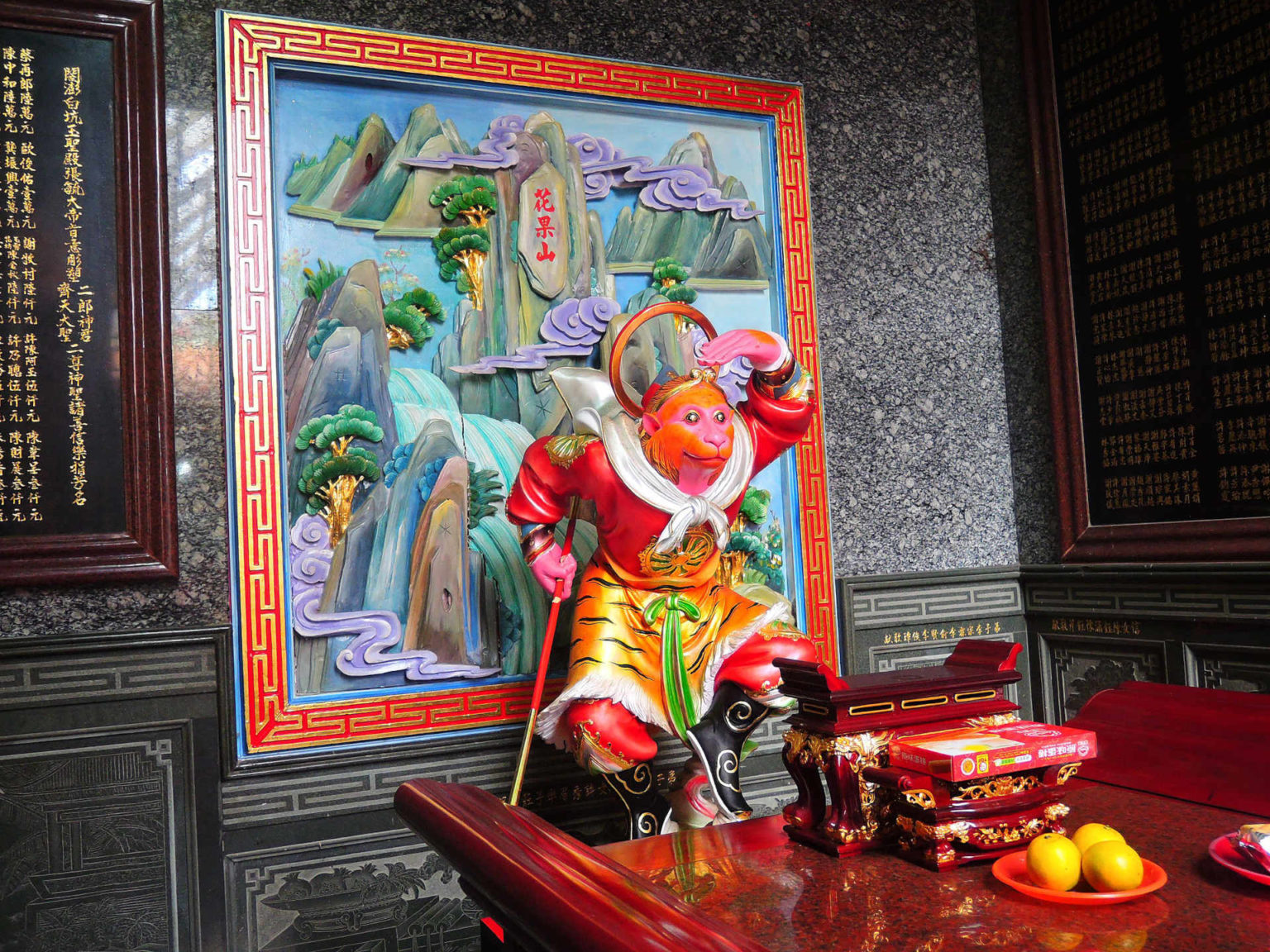A Chinese festival that’s quite unlike most others is the Monkey King Festival (齊天大聖千秋, cai tin daai sing cin cau in Cantonese). The sometimes treacherous festivities celebrate the birthday of the mischievous monkey named Syun Ng Hung (孫悟空, syun ng hung in Cantonese and sun wukong in Mandarin), a figure in Chinese mythology who’s known for his trickster character and less serious way of going about life. See why a being like the monkey king has risen in the ranks and become a revered figure.
Who is the monkey king?
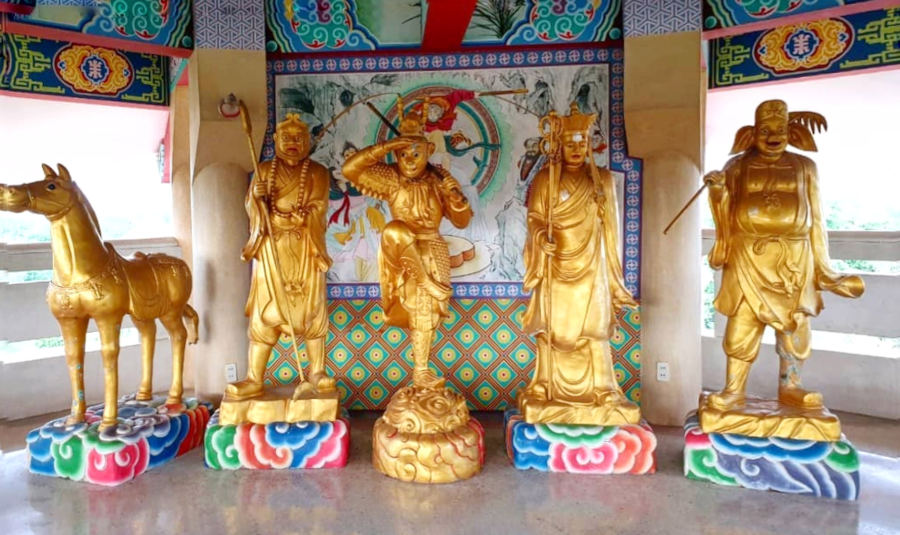
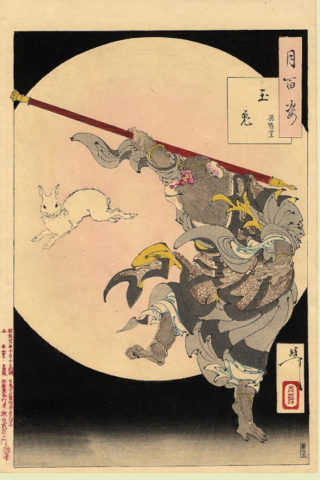
Born from a stone egg, the immortal monkey king or monkey god is a special individual. He possesses supernatural powers and wields a magical staff (named Ruyi Jingu Bang [如意金箍棒]) which entitles him to be called the monkey king; however, Sun Wukong’s powers didn’t exactly lead him to act with good and selfless intentions. He stirred havoc with his abilities, creating trouble for those around him and eating the fruits of life that could have saved those in need.
Thus, to calm the monkey king’s behaviour, the Jade Emperor turned to Buddha for help. Buddha ordered the monkey to escort the monk Xuanzang (陳禕) to India to bring Buddhist scriptures back to China. Thanks to his brave service that involved battling demons and other potentially fatal escapades along the journey, Sun Wukong reached enlightenment and earned the trust and divination of Buddha when he returned from his journey.
What is Monkey King Festival?
The Monkey King Festival is a holiday that honours the lighthearted monkey deity; it is celebrated on the 16th day of the eighth lunar month, which falls on September 11, 2022 on the Gregorian calendar. (This happens to be a day after the Mid-Autumn Festival.) While the origins of the Monkey King Festival is not defined in a clear-cut way, we do know that his story rose in popularity during the Ming Dynasty and ever since, it has been featured in Chinese folklore, Chinese opera performances, television adaptations, and novels, one being the renowned 16th c. Chinese classic Journey to the West by Wu Cheng’en.
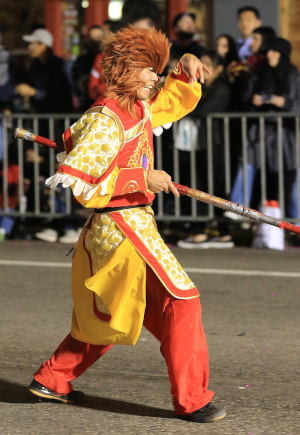
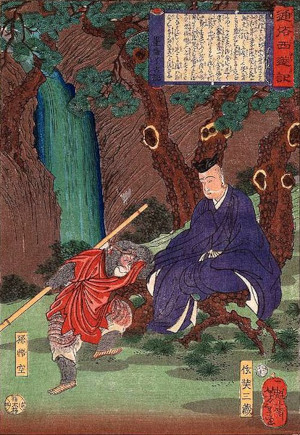
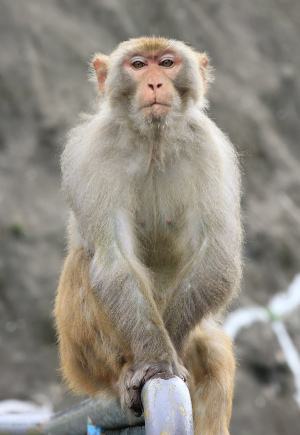
The Monkey King Festival is particularly special to the Chiu Chow community in Hong Kong. This is because Chiu Chow people form a minority group in Hong Kong. Thus, they have relatively little power and influence when it comes to governance. The monkey king is reverently known to them as Tai Shing (大聖, daai sing in Cantonese and tai shing in Mandarin). Chiu Chow people view Tai Shing as a relatable figure who defied authority and had a grandioseness to him despite being a small figure. The monkey king was able to ridicule authoritarian figures in a lighthearted way. This kind of attitude is what earned the monkey god respect from the Chiu Chow community.
Monkey King Festival traditions
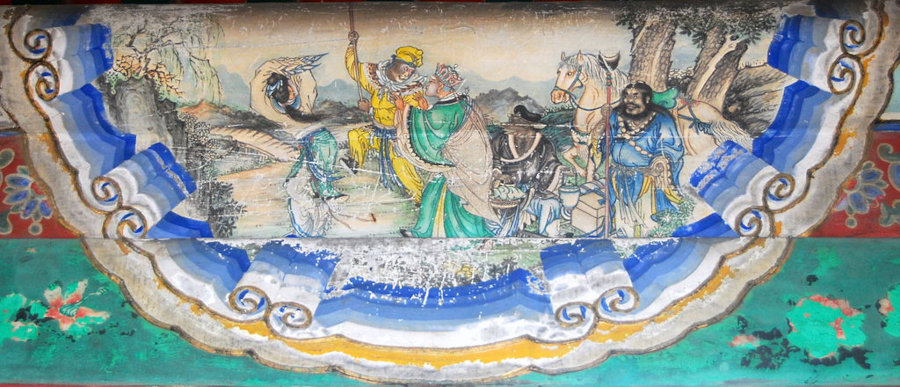
The Monkey King Festival is possibly one of the standout Asian celebrations that comes with screeching traditions. Much of the festivities happen at Tai Shing Temple (大聖寶廟, daai sing bou miu in Cantonese) in Sau Mau Ping, located in Hong Kong’s Kwun Tong district. Prepare to hold your breath.
The main tradition is for mediums (a.k.a. worshippers of Syun Ng Hung) to be possessed by the monkey king spirit after falling into a stupor. Spirit mediums are used to foster communication between the monkey king and the people. This state of trance leads into other traditions, in which the medium performs circus-like, yet sometimes heinous, acts.
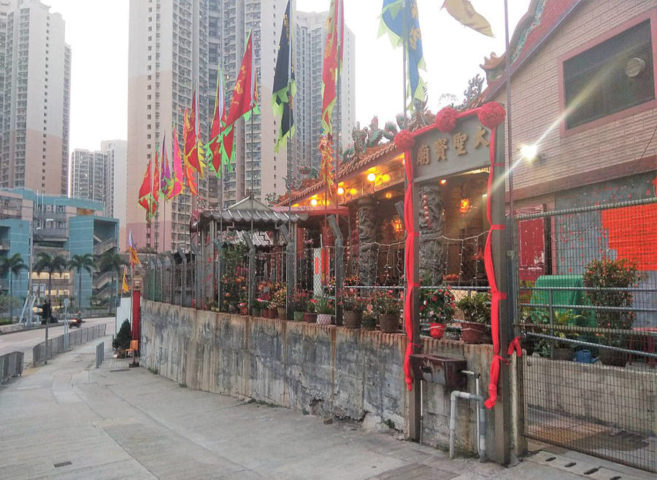
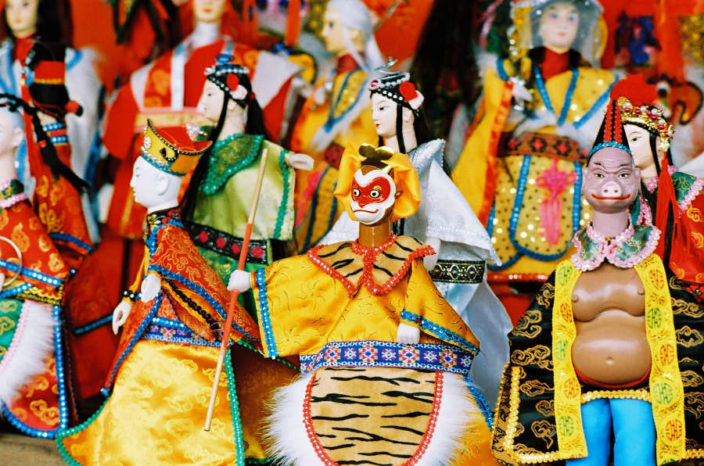
Cutting one’s tongue with a glass shard to spill blood to prove loyalty to the monkey king is one. Walking on burning coal and touching boiling oil are other traditions to commemorate the playful, trickster spirit of the monkey king. Though rare nowadays, consider yourself warned if you happen to witness an out-of-character ordeal. Besides these, incense and paper offerings are also burnt, similar to other major Chinese festivals like Hungry Ghost Festival.
FAQ about Monkey King Festival
What is the myth of the monkey king?
The monkey king is a powerful Chinese mythical figure known to have reckless, mischievous behaviour. In order to discipline him in some way, Buddha ordered the monkey king to accompany a monk to retrieve Chinese scriptures from India and bring them back safely to China. After exhibiting bravery and honour in protecting the monk, the monkey king garnered respect from Buddha.
What does the monkey king represent?
The monkey king represents how someone with little influence in governance, yet who has bold character, can playfully mock and ridicule those in a position of authority. His attitude is one in which many can sympathise with.
Who celebrates Monkey King Festival?
The Hong Kong minority group of Chiu Chow people notably celebrate Monkey King Festival, as they look up to the monkey king’s playful and free-spirited side when in the face of authority.
Other traditional Chinese festivals: Lunar New Year — Lunar New Year Fair — Birthday of Che Kung — Chinese Lantern Festival — Kwun Yum Treasury Opening Festival — Ching Ming Festival — Tin Hau Festival — Cheung Chau Bun Festival — Buddha’s Birthday — Birthday of Tam Kung — Dragon Boat Festival — Birthday of Kwan Tai — Qixi Festival — Hung Shing Festival — Hungry Ghost Festival — Mid-Autumn Festival — Monkey King Festival — Birthday of Confucius — Chung Yeung Festival — Winter Solstice Festival.
Header image credits: Toadboat via WikiCommons


